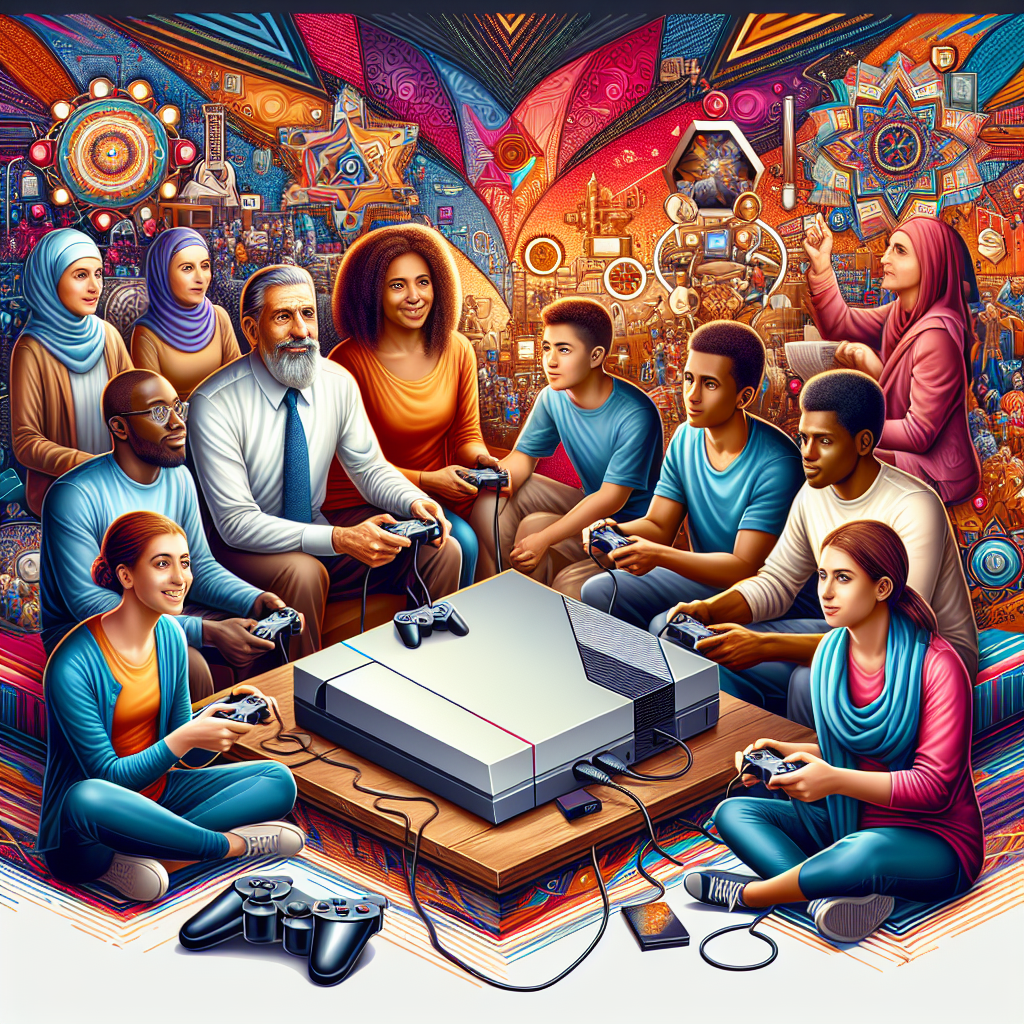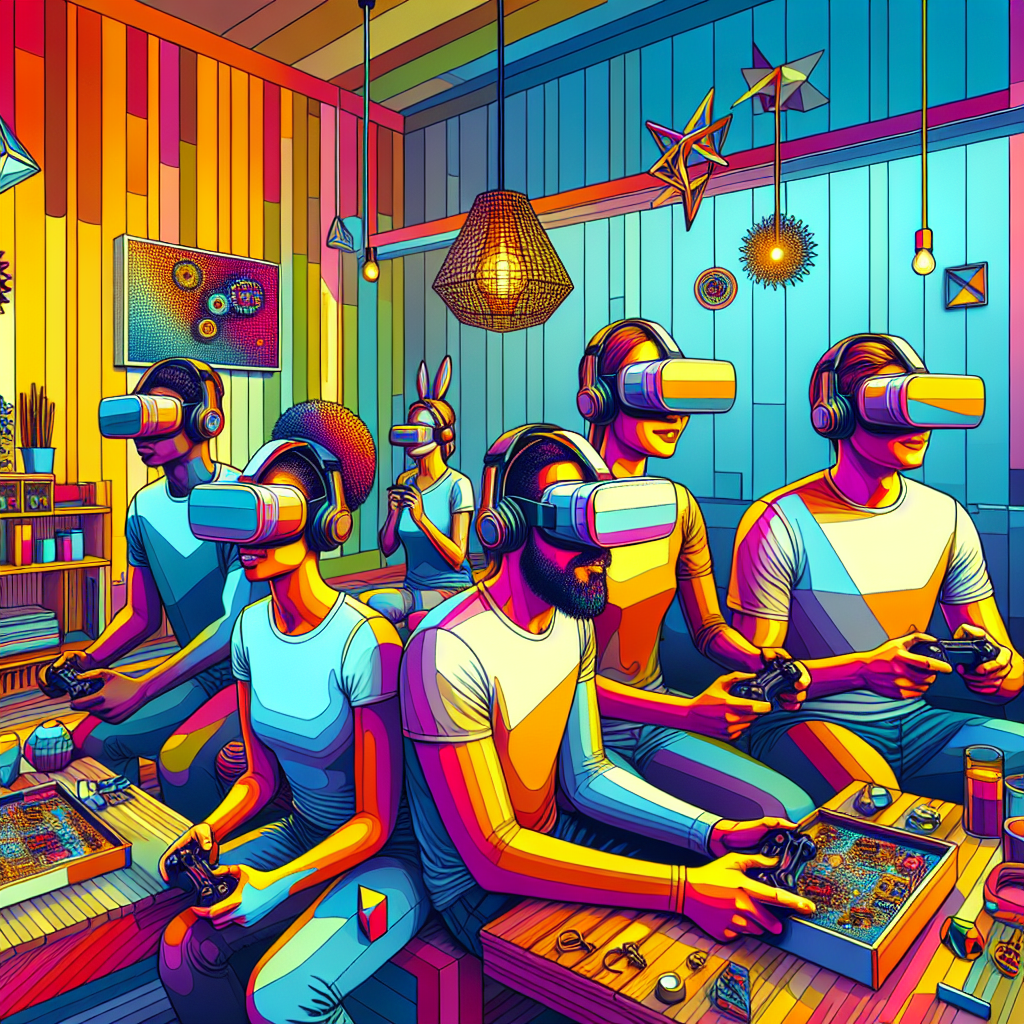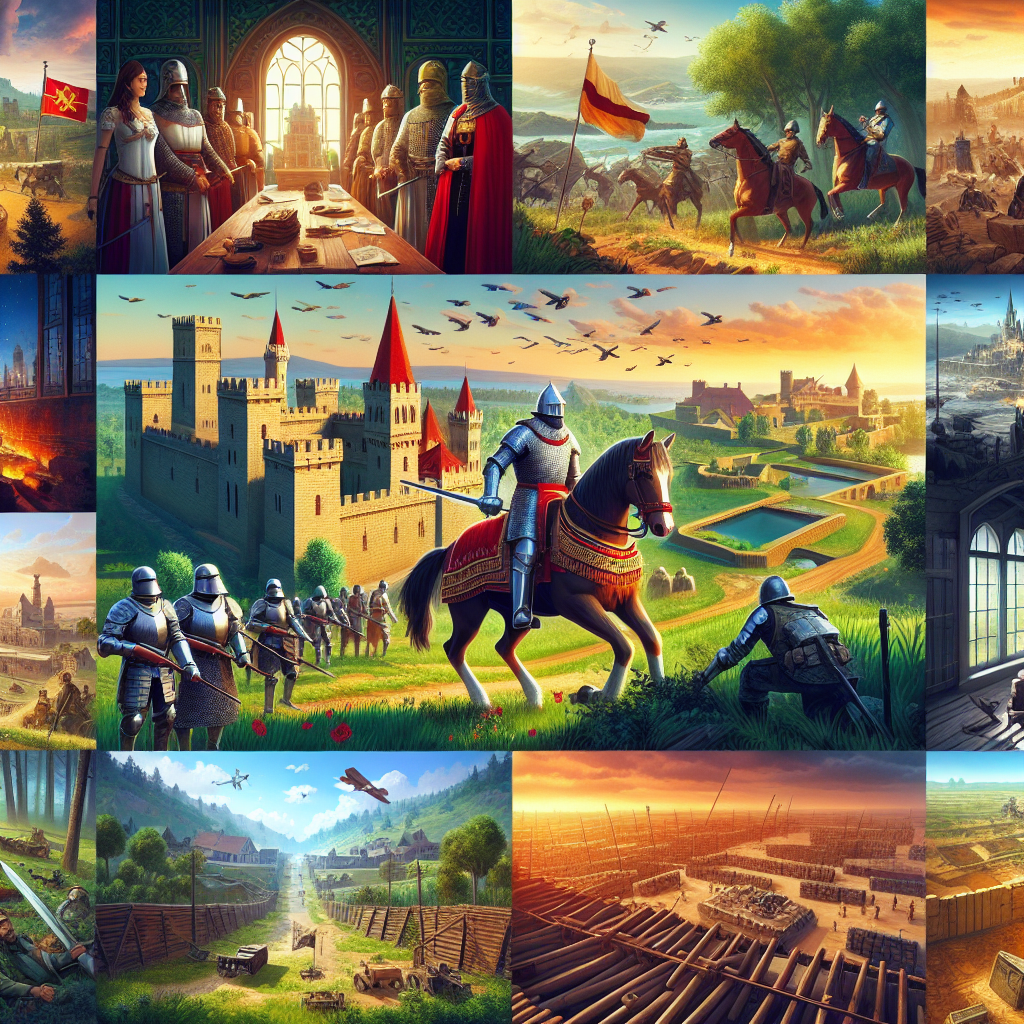What video games teach us about society is a question that has gained increasing relevance in today’s digital age. Video games are not just entertainment; they are powerful narratives that reflect and shape our social structures, values, and interactions. Through their immersive environments and engaging storytelling, they provide insight into the complexities of human behavior and societal norms.
Reflecting Cultural Values
One of the most significant lessons we gather from video games is their reflection of cultural values. Games like The Last of Us Part II or Assassin’s Creed Valhalla not only present engaging storylines but also delve into themes of justice, revenge, and redemption. These narratives often mirror real-world issues, such as inequality and conflict, prompting players to reflect on their own beliefs and societal norms.
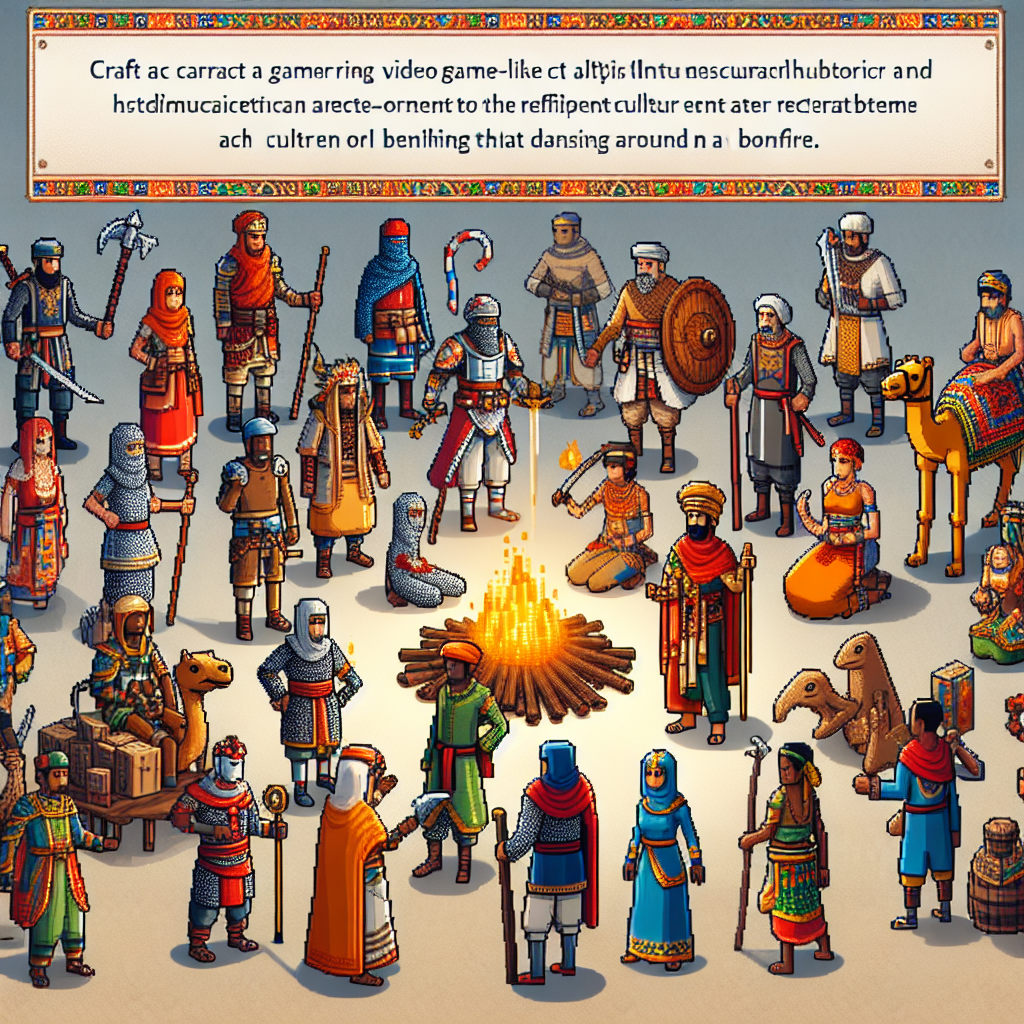
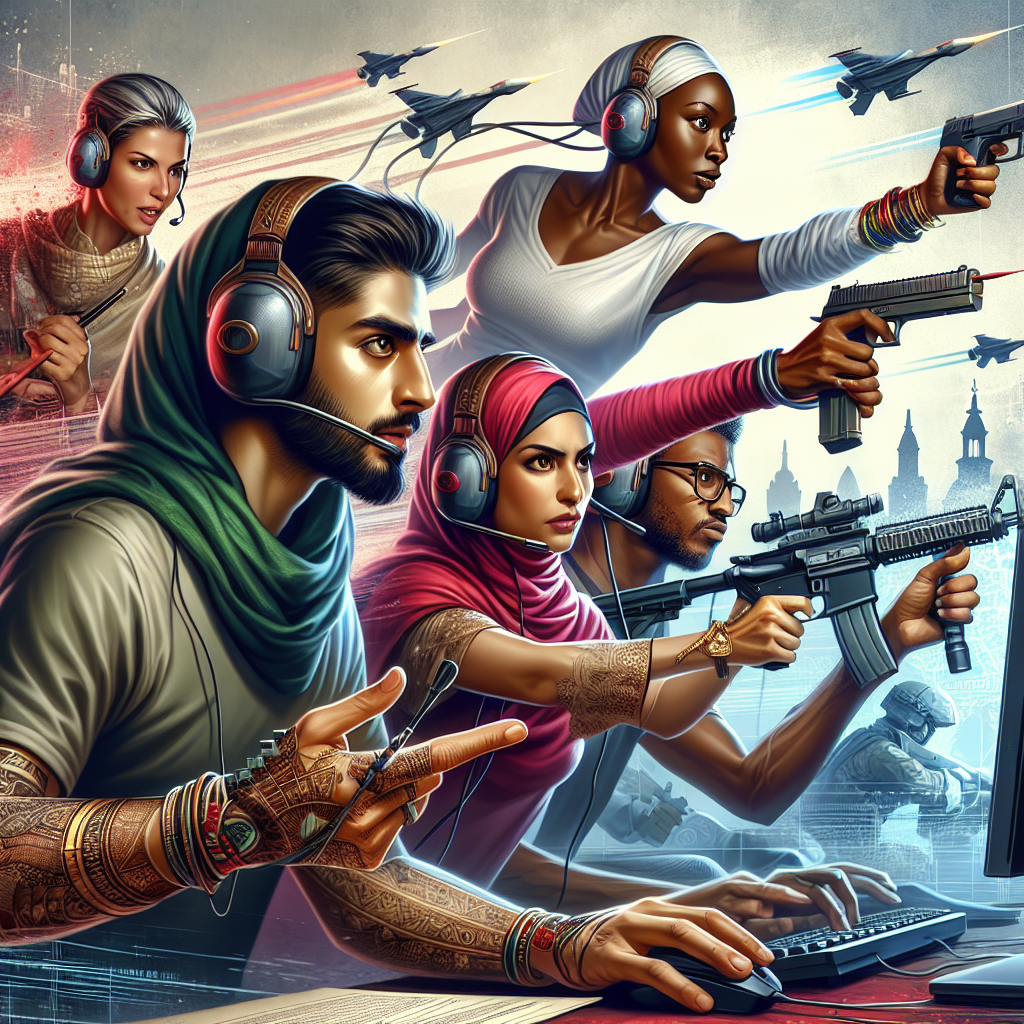
Moral Dilemmas and Choices
Another critical aspect of what video games teach us about society is the exploration of moral dilemmas. Many games present players with choices that challenge their ethics and decision-making processes. For instance, in games like The Walking Dead, players must navigate difficult situations where every choice has consequences, echoing the complexities of real-life decision-making. These experiences can foster empathy and critical thinking, encouraging players to consider multiple perspectives.
Community and Collaboration
Additionally, video games promote community and collaboration. Online multiplayer games like Fortnite and World of Warcraft create spaces where players from diverse backgrounds come together to achieve common goals. This interaction helps build social bonds and can lead to the formation of supportive communities, teaching us about teamwork, communication, and the importance of social connections in a digital age.
In conclusion, what video games teach us about society extends far beyond mere entertainment. They serve as mirrors that reflect our cultural values, challenge our moral reasoning, and foster community. As players engage with these narratives, they gain insights that encourage them to think critically about the world around them. In this way, video games can be powerful tools for social reflection and personal growth.
Some content and/or images on this page were created using AI.

